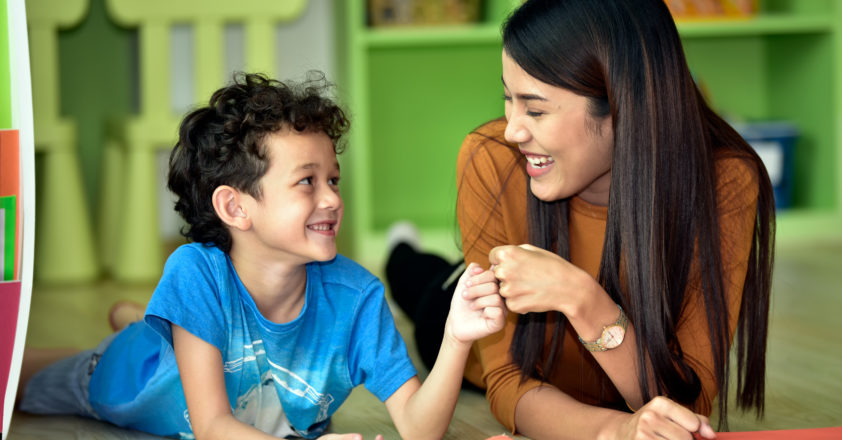Coping Strategies for Families with Young Children to Boost Mental Health

It goes without saying that the pandemic is weighing heavily on us all. While adults are indeed bearing the brunt of the situation, we cannot overlook the emotional impact it is having on our children as well.
In fact, Dr. Edith Bracho-Sanchez, the director of pediatric telemedicine and assistant professor of pediatrics at Columbia University Irving Medical Center, notes that our children’s well-being needs to be our top priority. She also stresses that the uncertainty of the pandemic could cause long-term problems for their mental health in the future.
As parents, we are responsible for guiding our children in the right direction. So, how exactly can we help them navigate these difficult times?
How to Tell if Your Child isn’t Coping Well
Children are also experiencing abrupt changes due to the pandemic from
adjusting to distance learning to not playing with friends. Unlike adults, however, they don’t necessarily have the language to express how they feel just yet. Instead of verbalizing their emotions by saying something like, “I’m feeling very anxious about current events,” they might say that their stomach hurts. Not to mention, Verywell Family points out that anxiety in children can manifest in physical sensations like a change in appetite, stomach aches or headaches, and sleeping troubles.
The way you respond to your child’s behavior is extremely crucial for their mental well-being, and relationship as a family. To this end, you can’t overemphasize the importance of tackling mental health issues with your child. This is why Angie Walston, a Certified Family Life Educator and an instructor at Maryville University’s human development and family studies program, highlights the three critical Cs parents must remember: compassionate, consistent, and calibrating. Essentially, this teaches parents that you should always make a conscious effort to recognize and, ultimately, try to relieve the pain your child is feeling. By putting yourself in their shoes, you can create solutions that are much more tailored to what they need and not what you think they need.
Help Children Cope During These Tough Times
Although the situation may be far from ideal, fortunately, as their parent, you can help lighten the mental load that your child is carrying. Here are some key coping strategies to help them get them through these tough times.
Help Them Understand
The complexities of the current health situation can be quite a puzzle for your child to understand. Although you might want to protect them from the shocking news about the pandemic, it’s important to not gloss over it. Instead, try to help them process what they’re thinking and feeling. A comforting and child-friendly way to help them understand is by reading books like “Lucy and the Coronavirus.” It teaches children how to protect themselves from germs, but it’s also filled with colorful pictures that will help them properly visualize the situation.
Teach Breathing Exercises
As mentioned above, signs of your child’s mental struggles might appear as physical symptoms. To help them alleviate these stressful sensations, you can teach them breathing exercises that can ease the tension they’re experiencing both in their minds and bodies. For instance, you can try out “Belly Breathing” with your child. Ask your child to lie down, and place their hands on their stomach. Then, let them breathe in for four seconds, hold it in for another four seconds, and finally exhale all the air out.
Build Their Confidence
As much as you want to be there for your child, you won’t be able to hold their hand during every rough moment that they will meet in life. On that note, you can help them face their fears by teaching them to combat negative self-talk. Counseling psychologist Anu Rajgarhia shares that a great way to accomplish this is by teaching them to value the process of their growth. This means applauding the small yet meaningful steps they’ll make along the way. This way, you’re helping build your child’s confidence, so they can eventually learn how to cope with their emotions by themselves.




